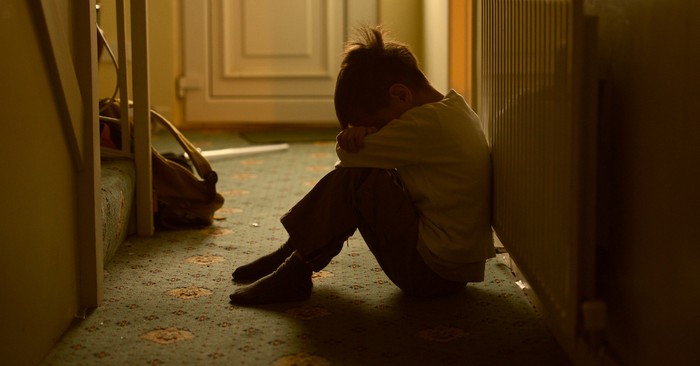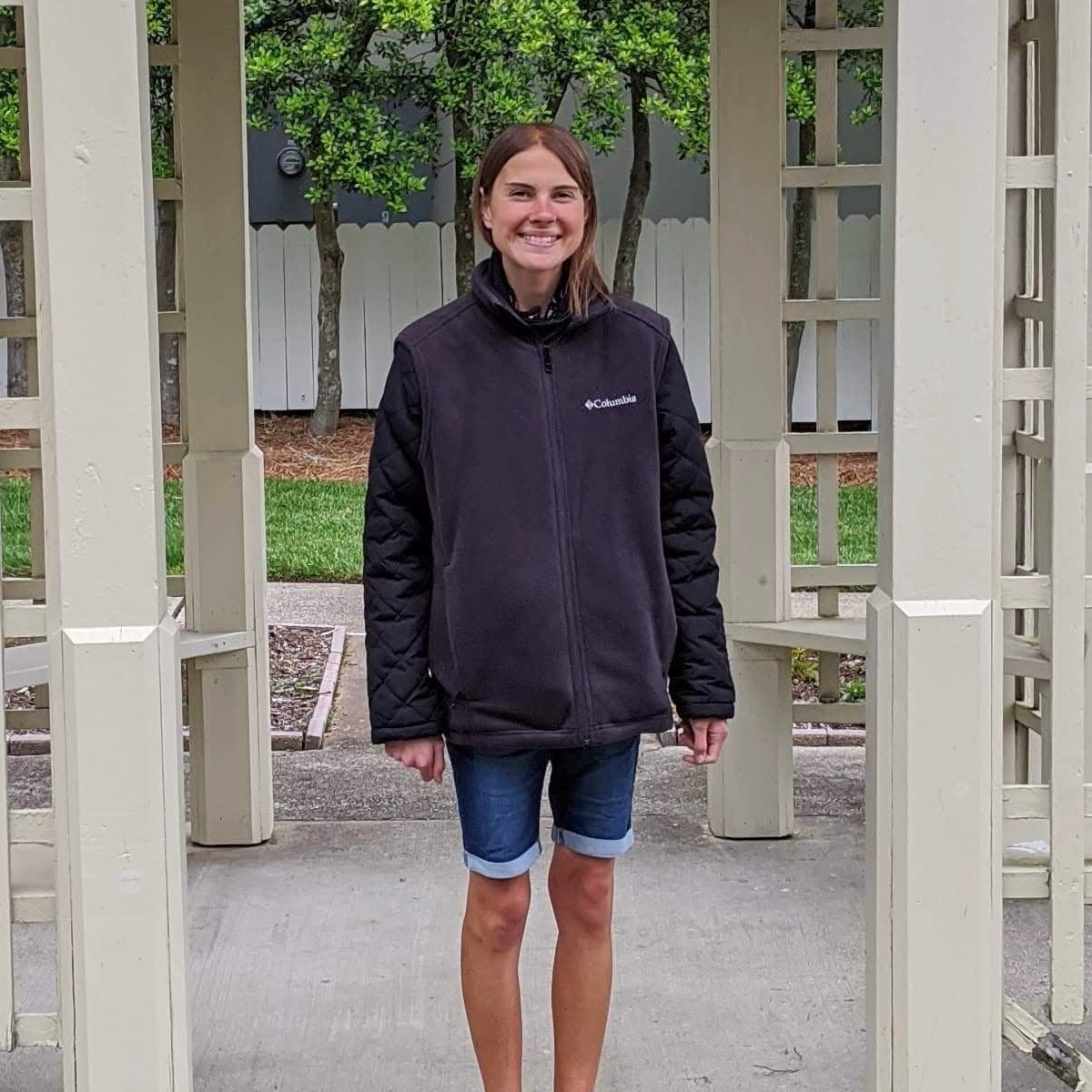
You deserve to live a life free of your childhood trauma.
Dealing with childhood trauma can be extremely difficult. As someone who has gone through therapy, talking about and processing childhood trauma can be very draining. Despite it being difficult and draining, it is very important to deal with childhood trauma. If you choose to suppress your emotions and trauma, it will have negative consequences on your life.
Here are four reasons to deal with childhood trauma:
1. It Offers Healing
One reason to deal with childhood trauma is because it offers healing. Without dealing with childhood trauma, there will be no healing, and there will be no peace. You cannot experience the abundant life God wants you to have if you don't deal with the trauma of the past. It can be difficult and many tears will be shed, but it is worth it in order to heal.
As someone who has worked through childhood trauma, I cannot stress enough the importance of dealing with it. If you keep suppressing the pain, it will only get worse. I have disassociated from many past events and traumatic experiences because they are too painful. In a way, our brains do this to protect us, yet we also have to know we cannot suppress our pain forever. It will eventually come to the surface and will manifest in our actions, behaviors, and daily life.
You can deal with childhood trauma by going to therapy, talking with a counselor, and having a good support system. Therapists can be expensive; therefore, you might need to build a support system first until you are able to see a therapist. If going to a therapist isn't an option right now, try a Christian mentor or pastor or look online for biblical sources that will help in your healing, or maybe you will be able to find a few blog posts that address this issue.
Know you are never alone because there are many people who have gone through the same thing you went through. No trauma is invalid. If the pain hurt you and it was a traumatic experience, nobody can minimize your feelings. God loves you, and He wants you to live a life free of the past.
2. There Will Be Growth
A second reason to deal with childhood trauma is that there will be growth if you do. Through addressing and working on childhood trauma, you will be able to grow and flourish. You might not have understood what happened as a kid or why it happened, but as an adult, you can understand things better. Working through the trauma can help you grow into a better adult and be the person you wished you had as a child.
I had many traumatic experiences as a child; however, the most traumatic experience I had as a child was being bullied in school. Many individuals would only see this as a "little" trauma, but it was a big trauma to me. It affected my self-view and my self-worth to the point that I developed anorexia, depression, anxiety, and a negative body image, all of which I'm still trying to recover from. If you have also had a similar experience, know that there is strength and bravery when you are addressing these deep issues.
Dealing with childhood trauma is no easy task as it will often get worse before it gets better. It is not a fun task to reflect on painful events. There are many traumatic things that happen in our lives, and a lot of these happen at crucial times, such as when we are children. Seeking help will allow you to heal and grow as a person. Never feel like you are a burden for seeking out help.
3. Forgiveness
A third reason to deal with childhood trauma is because it brings forgiveness. As I mentioned, I was bullied a lot as a child and as a pre-teen. I was bullied so much as a pre-teen that my mom started homeschooling me in the seventh grade. During sixth grade, I was relentlessly bullied and picked on because of my weight, appearance, and grades. My peers weren't the only ones–each of my teachers also did the same. As you can imagine, it was almost like living out a nightmare every day.
Through addressing and working on my childhood trauma, I have been able to forgive these individuals. None of them ever apologized, but I chose to forgive them because that is what God calls us to do. The people who bullied me may never think about what they did all those years ago, but I still remember. Does the pain hurt? Of course, it does, but part of it is not being so afraid of the pain anymore.
When we forgive those who hurt us or caused the childhood trauma, we are able to move forward in our lives. We don't have to be held back by pain and unforgiveness. Instead, we can walk in the light of freedom and have true healing. Even though those who hurt us might never care, we can forgive them because God wants us to.
Now, forgiveness isn't the same as forgetting. You can forgive someone and still not want to have a relationship with them. Forgiveness is choosing to give the situation over to God. It doesn't mean that what they did is okay nor does it mean it is forgotten. You still need to be careful with those who have hurt you. When you forgive others, it will enable you to live a better life–a life without bitterness.
4. Becoming More Compassionate
A fourth reason to deal with childhood trauma is that it will help you become more compassionate toward others. Compassion is something that not everybody has. For many, it is a skill that must be cultivated. For those of us who go through childhood trauma, we might have some bitterness inside of us or some unresolved hate. God doesn't want us to be bitter nor does He want us to hate anyone. When we seek out help and deal with our childhood trauma, it will help us be more compassionate toward others.
Through being a more compassionate human being, we will be able to help more people on their journey. Sadly, there are many people who receive no help after they go through childhood trauma. Instead of getting help, they have to work through the problem on their own. Working through your issues on your own is an option; however, it is best to have help from professionals, doctors, and loved ones.
By being more compassionate, you can be there for other people who have also gone through traumatic experiences. Since you have gone through your own experience, it can help them know they are not alone. You will also be able to connect with them on a deeper level than those who have not gone through something similar.
Never doubt how much your influence on someone's life could help them. You might think you don't make much of a difference, but you do. Through your compassion and empathy, you will be able to help many people who went through or are going through a similar traumatic experience. If you are in need of help today, don't hesitate to reach out to a therapist, loved one, or another Christian professional. You deserve to live a life free of your childhood trauma.
Photo Credit: ©GettyImages/fiorigianluigi

LISTEN: New Year - New Healthy You
The views and opinions expressed in this podcast are those of the speakers and do not necessarily reflect the views or positions of Salem Web Network and Salem Media Group.
WATCH: A Prayer for Restoration
Click to read the full article.
Photo and video Credit: ©SWN Design/©GettyImages








